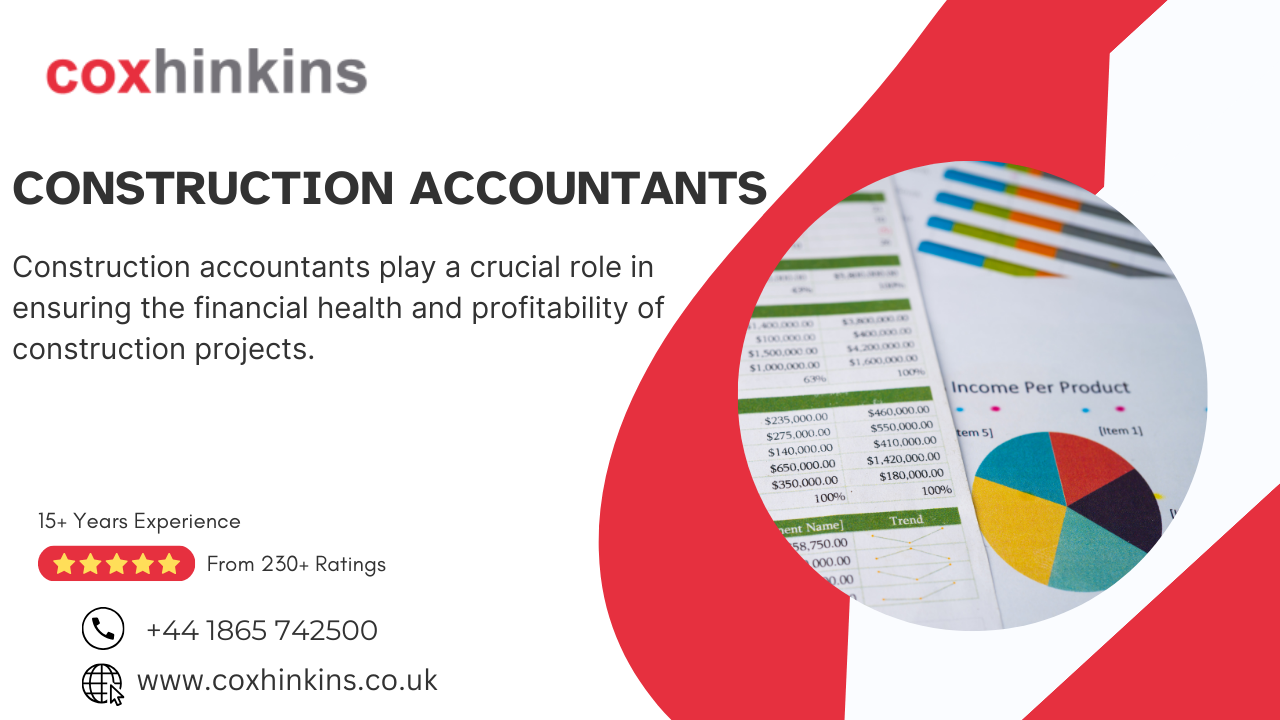The construction industry is complex, with unique financial challenges that require specialized knowledge and strategies. Construction accountants play a crucial role in ensuring that projects remain financially viable and profitable. Here are some top financial strategies that construction accountants can employ to optimize financial management and drive success in their organizations.
1. Accurate Job Costing
Job costing is fundamental in construction accounting. It involves tracking all costs associated with a project, including labor, materials, equipment, and overhead. Accurate job costing allows accountants to determine the true cost of each project, compare it with the budget, and identify any variances. Implementing a robust job costing system helps in forecasting future projects more accurately and making informed financial decisions.
2. Effective Cash Flow Management
Cash flow management is critical in the construction industry, where payment cycles can be long and irregular. Construction accountants should implement strategies to ensure a steady cash flow, such as negotiating favorable payment terms with clients and suppliers, and utilizing invoice factoring if necessary. Regular cash flow projections and monitoring can help in identifying potential shortfalls and taking proactive measures to mitigate them.
3. Utilizing Construction-Specific Accounting Software
Investing in construction-specific accounting software can greatly enhance financial management. These tools are designed to handle the complexities of construction projects, such as job costing, contract management, and compliance reporting. They also facilitate real-time financial tracking and reporting, enabling accountants to make timely and informed decisions.
4. Budgeting and Forecasting
Effective budgeting and forecasting are essential for the financial health of construction projects. Construction accountants should work closely with project managers to develop detailed budgets that include all potential costs and contingencies. Regularly updating forecasts based on actual performance and market conditions allows for better financial planning and resource allocation.
5. Managing Change Orders
Change orders are common in construction projects and can significantly impact the budget and timeline. Construction accountants need to track change orders meticulously, ensuring that all additional costs are documented and approved by the client. This helps in maintaining financial control and preventing budget overruns.
6. Compliance and Risk Management
Compliance with industry regulations and standards is crucial in construction. Construction accountants must stay updated with the latest tax laws, labor regulations, and environmental standards. Implementing strong internal controls and conducting regular audits can help in mitigating financial risks and ensuring compliance.
7. Cost Control Measures
Implementing cost control measures is vital for maintaining profitability. Construction accountants should regularly review expenses, negotiate better rates with suppliers, and identify areas where costs can be reduced without compromising quality. Cost control measures also involve monitoring project progress and ensuring that it stays within budget.
8. Financial Reporting and Analysis
Regular financial reporting and analysis provide valuable insights into the financial health of construction projects. Construction accountants should generate detailed reports on project performance, profitability, and cash flow. Analyzing these reports helps in identifying trends, making data-driven decisions, and improving future project planning.
9. Tax Planning and Optimization
Effective tax planning can result in significant savings for construction firms. Construction accountants should be well-versed in tax laws and regulations specific to the industry. They should explore opportunities for tax deductions, credits, and incentives, and develop strategies to minimize tax liabilities while ensuring compliance.
10. Training and Continuous Improvement
The construction industry is constantly evolving, and so are its financial management practices. Construction accountants should invest in ongoing training and professional development to stay updated with the latest trends, technologies, and regulations. Continuous improvement in financial strategies and practices can drive long-term success and sustainability for construction firms.
By implementing these financial strategies, construction accountants can enhance their financial management capabilities, ensure the profitability of projects, and contribute to the overall success of their organizations.
